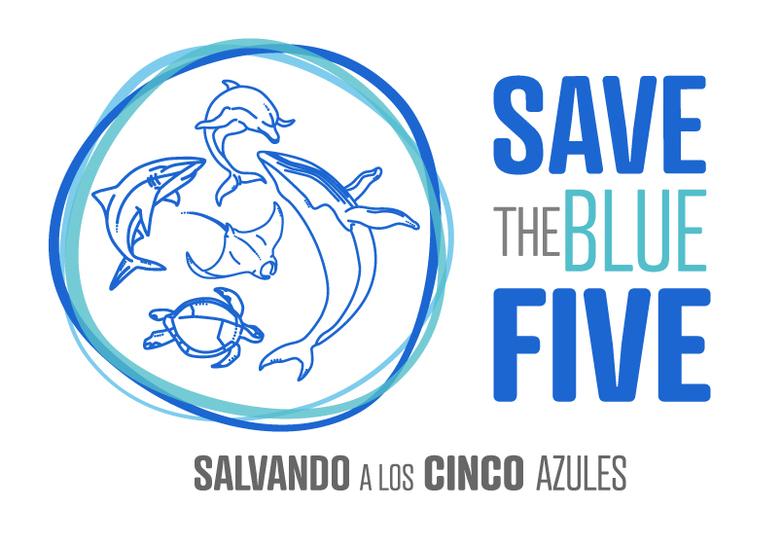Context
The South-East Pacific Region (SEPR) is home to the Blue Five (whales, manta rays, sharks, dolphins, sea turtles), a marine megafauna that migrates vast distances and across national borders. The ocean and these species are under threat from the effects of climate change, illegal fishing and poor regional management. Previous measures have been limited to setting up national marine protected areas (MPAs) and coordinating research. The planning required for effective regional marine conservation, coordinated decision-making between countries and sustainable fisheries is not yet in place. As a result, the population of these species, biodiversity in general and thus the food source of many people in the region is declining.
Objective
Neighbouring countries in the South-East Pacific Region coordinate their efforts on regional marine protection and contribute to the protection and sustainable use of marine biodiversity through conservation of the Blue Five.

